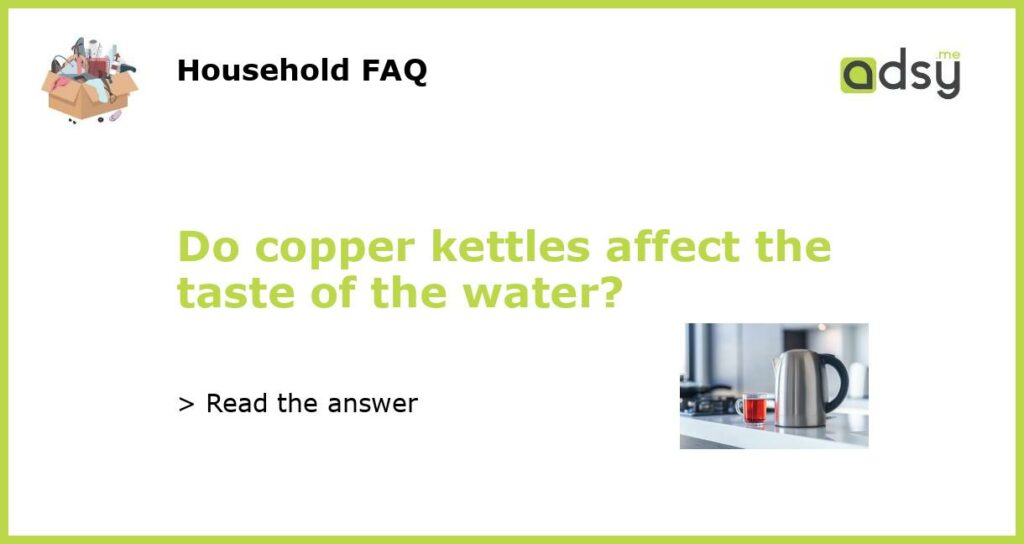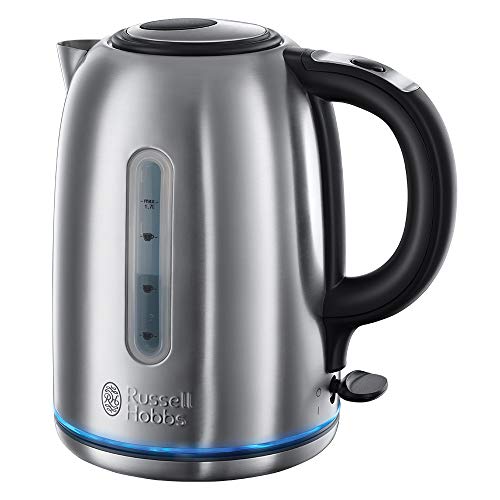The Debate Over Copper Kettles’ Effect on Water Taste
Copper kettles have been used for centuries to boil water for various purposes. However, there is an ongoing debate about whether copper kettles affect the taste of the water they boil.
The Science Behind Copper Kettles and Water Taste
According to science, copper is a reactive metal that can dissolve in water, especially when heated. This dissolution of copper can cause a metallic taste in the water, which some people may find undesirable. Additionally, copper can react with other compounds in the water, such as sulfur compounds, to create compounds that can also affect the taste of the water.
The Benefits of Using Copper Kettles for Boiling Water
Despite the potential for copper kettles to affect the taste of water, there are still some benefits to using them for boiling water. For one, copper is a good conductor of heat, so water boils faster in copper kettles than in other materials. Additionally, copper has antimicrobial properties, which can help kill bacteria and other microorganisms in the water.
How to Minimize the Effect of Copper Kettles on Water Taste
If you still want to use a copper kettle but are concerned about the taste of the water, there are some things you can do to minimize the effect of copper on the water. One is to only use the kettle for boiling water and not for storing it. Additionally, you can rinse the kettle with vinegar or lemon juice before boiling water in it to remove any copper residue. Finally, you can also add a pinch of salt or baking soda to the water to help neutralize any metallic taste that may be present.
Conclusion: Copper Kettles Can Affect Water Taste, but the Effects Can Be Managed
In conclusion, copper kettles can affect the taste of the water they boil due to copper’s reactivity with water and other compounds. However, the taste can be managed by taking the necessary precautions, such as only using the kettle for boiling water, rinsing it before use, and adding neutralizing agents. Ultimately, whether or not you decide to use a copper kettle will depend on your personal preferences and priorities.




![Breville Bold Vanilla Cream Electric Kettle | 1.7L | 3kW Fast Boil | Cream & Silver Chrome [VKT223]](https://m.media-amazon.com/images/I/31R7iI6OppL.jpg)

